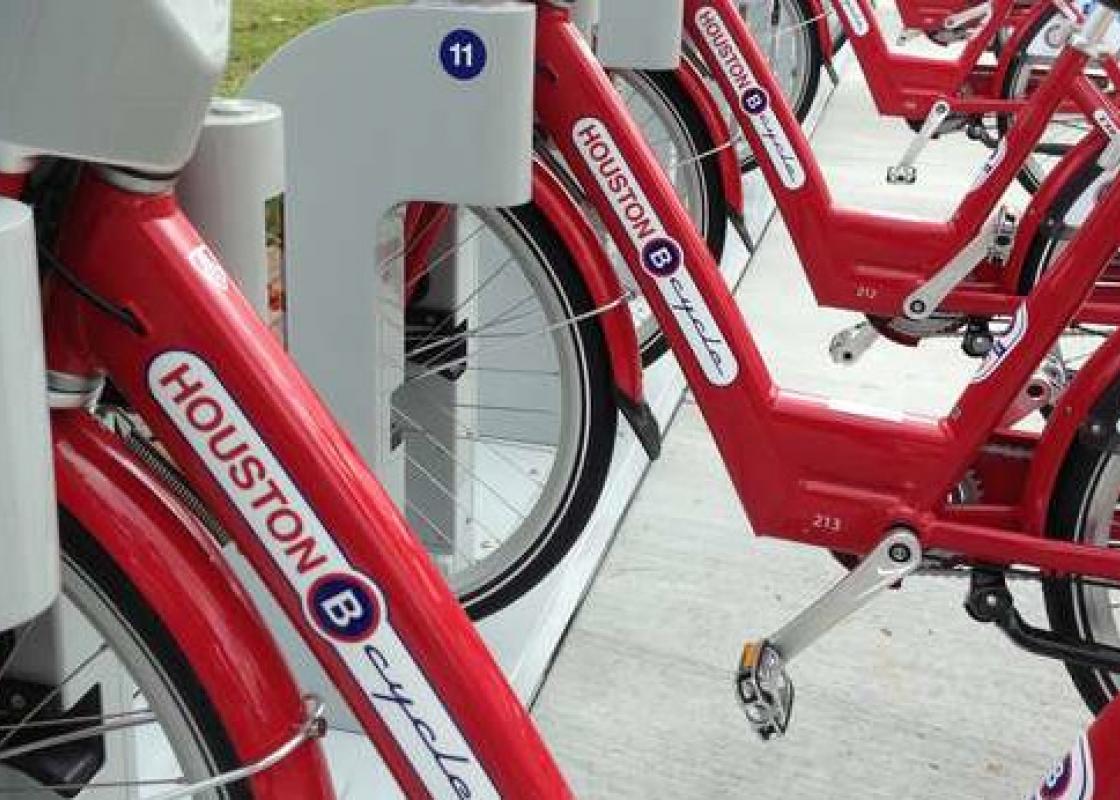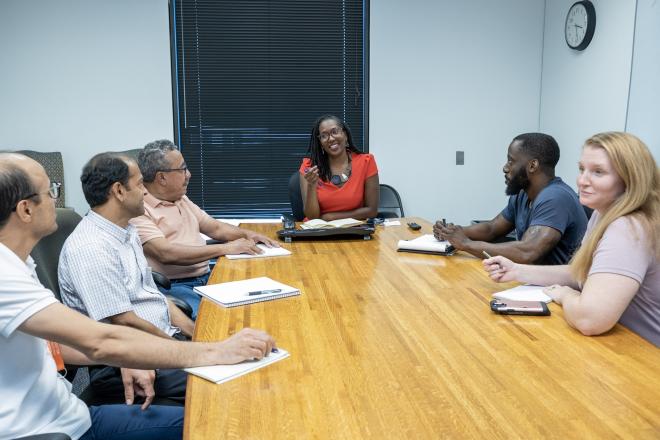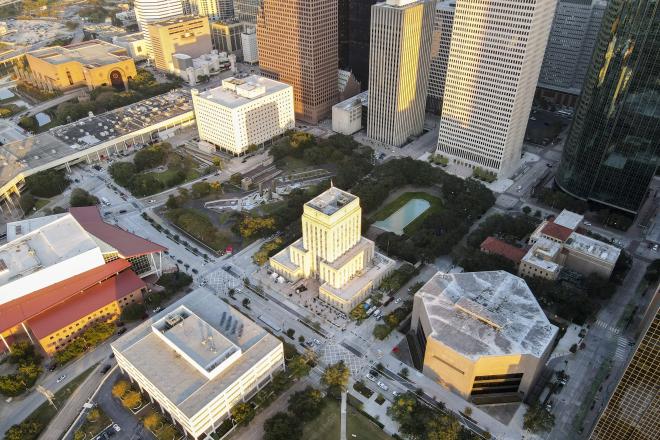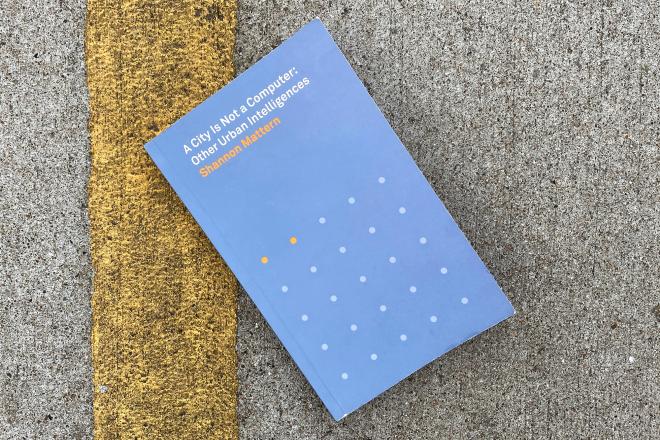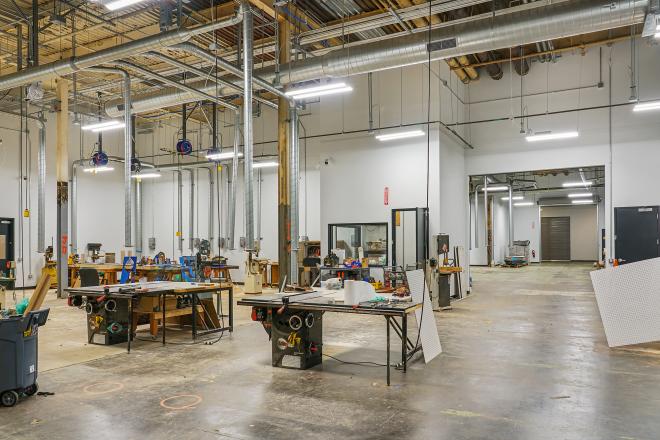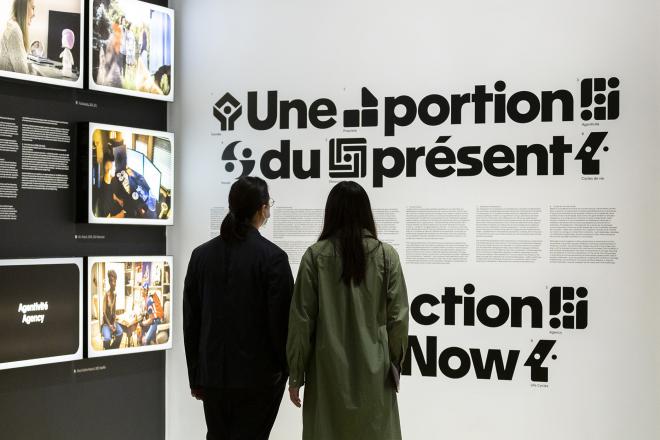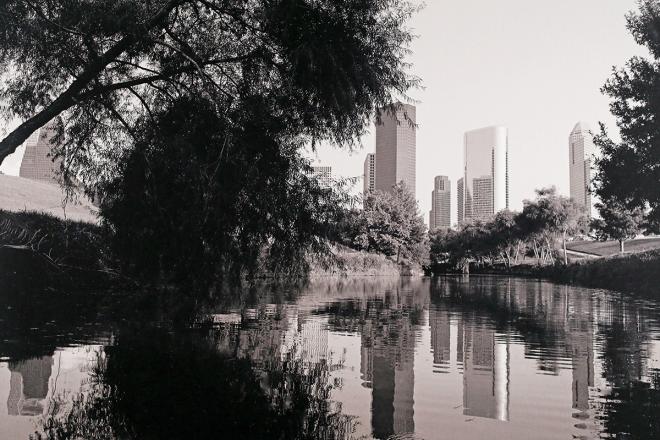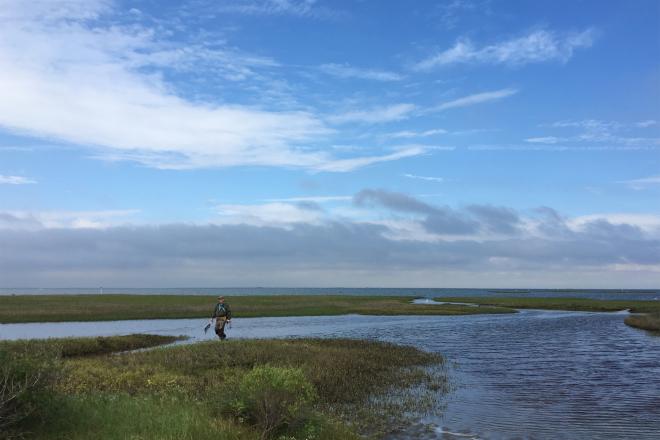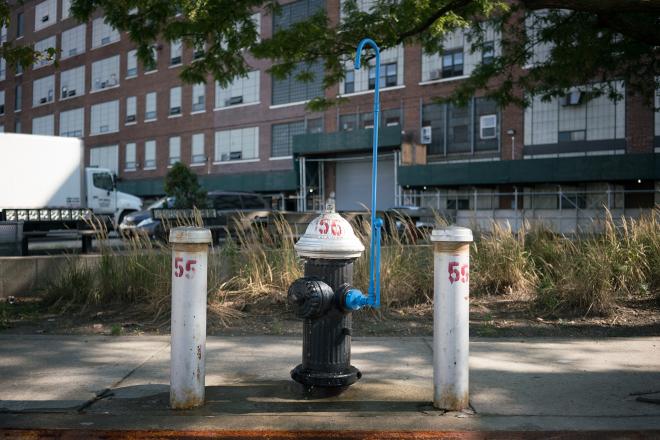Houston B-cycle has rapidly emerged as a viable and successful bicycle sharing program, and is poised to grow. The system includes 29 stations now and is averaging 1,850 checkouts per week according to Will Rub, Director of Houston Bike Share / Houston B-cycle.
B-cycle has planned a temporary station, or Virtual Kiosk, at the east entrance of the Free Press Summer Fest crowd on May 31 and June 1, as well as one at Liberty Station on Washington Avenue for the June 1 Sunday Streets. The bicycle-sharing program is an ideal way of getting to these events, and avoiding parking hassles, if potential users understand how the system works. And that can be a challenge.
“It is a bike share, not a long-term bike rental program,” explains Baker Goldsmith, the marketing manager. The way this distinction plays out is that if you use a B-cycle to get from point A to point B, or station to station, and return the bicycle within an hour, the cost is quite low --- only $5. If, in the same day, you want to use a B-cycle to get to another destination and dock the bicycle immediately when you get there, there is no additional charge. In fact, you can use the same B-cycle over and over again, all day for $5, if you dock the bicycle within an hour between each use. If, on the other hand, you hold on to the same B-cycle all day, without ever returning it to a station, you will pay $2 for every half hour, which adds up. All the rates are explained here.
Dock and share. Dock and share. All day use for $5 if you dock and share at each destination. It feels like you are getting away with something, maybe gaming the system, but B-cycle is set up so each bike gets used many times in a single day.
The Free Press Summer Fest and Sunday Streets HTX both draw large numbers of people, and they will both be happening in the same neighborhood, where parking is always a struggle. The May 31 and June 1 Summer Fest is in Buffalo Bayou Park along Allen Parkway. The June 1 Sunday Streets HTX is along Washington Avenue from Studemont to Market Square by way of Preston. The bicycle-sharing concept could work well in just this scenario.
For $5, you could check out a B-cycle from any of the 29 permanent locations and ride to Summer Fest or Sunday Streets HTX. When you arrive, check the bike in at either virtual kiosk. Once you’ve enjoyed yourself, check another one out within an hour at no extra charge. You could go from one event to the other, or start your journey home.
When several pedestrian-oriented events are close together, B-cycle can work very well. Austin set a U.S. record for B-cycle during the last South by Southwest Festival with 17,724 checkouts and tracked users riding 22,744 miles, and an average of 6.1 checkouts per bike per day over the 10-day period. Houston is not likely to come close to those numbers during the May 31-June 1 weekend, but it is possible we will approach our own best showing on July 4, 2013, recording 2,128 checkouts.
An Expanding System
The Houston B-cycle program began with only three stations in April 2012 as a pilot program out of Mayor Annise Parker’s office run by Director of Sustainability Laura Spanjian. Funds were scraped together from an EPA Clean Air grant. In 2013, additional federal funds were made available through a Department of Energy grant that paid for the expansion of the program as an independent nonprofit to its current size. A $750,000 donation from BlueCross BlueShield covers the gap in operating expenses. The fee to the user covers approximately 65 percent of the operating cost. If Houston B-cycle is to expand beyond 29 stations, new funding will be needed. The average station costs in the range of $40,000, including the bicycles.
Houston is in the vanguard of U.S. cities to start bicycle-share programs. Los Angeles, for example, is only now getting started. But our system is small, at one-tenth the scale of New York City’s 300 stations. Expansion of Houston B-cycle could come about incrementally through partnerships, and in leaps and bounds through large sponsorships or donations. The South Main Alliance is seeking funds for an expansion of B-cycle into the Texas Medical Center and Rice University. “We are hoping to receive federal funds to share the capital cost of installing the equipment and stations,” says Susan Young, President of the South Main Alliance.


